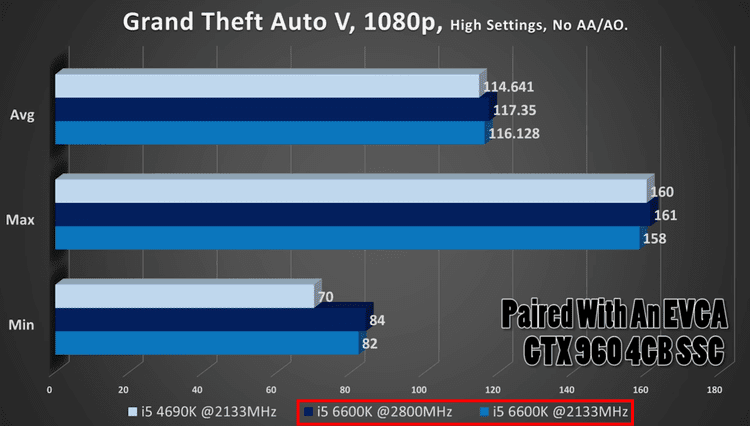
We’re often asked questions about RAM speed, what we recommend, and how important it is for certain applications like gaming. The answer is a little more complicated than simply higher number = better. So what is it exactly and how important is RAM speed? Read on to learn more.
What is RAM speed?
To start, RAM speed is a bit of a misnomer, so let’s first clarify some terms. How fast your system RAM performs is actually dependent on several factors which include the frequency, bandwidth, total number of channels, quantity, dual data rate (DDR), latency, and even the speed/gen of your processor. When discussing “RAM speed” most users are actually referring to the frequency of the RAM – the number of commands it can process per second – so for the sake of this discussion, we’ll do the same. RAM frequency is measured in MHz and usually immediately follows the DDR version in the RAM spec. For example, 8GB DDR4-2400 RAM is running at a frequency of 2400MHz. Frequencies of RAM typically range from 800MHz in older DDR2 modules up to 6800MHz in DDR5.
What’s important to remember here is that system RAM is not handling command processes like the CPU does, so while a higher CPU frequency will almost always mean better PC performance, the same may not be the case for high frequency RAM. This is why though higher frequency RAM is technically faster, that additional speed often does not translate into better actual real world performance.
How Important is RAM speed for gaming?
Now that we’ve established that higher frequency RAM does not necessarily impact overall system performance, what impact does it have on gaming benchmarks and/or frame rates? Well, from what we’ve been able to find, very little. If you go back to a previous post on VRAM, you’ll recall that when using a discrete graphics card, it’s the video RAM – both quantity and speed – that directly impacts gaming performance. In many instances, system RAM will largely not be used when gaming. So in addition to those mentioned earlier, this is another reason why RAM frequency has only the very smallest impact on gaming performance specifically, as the chart below illustrates.

What downsides are there to using faster RAM?
So the higher frequencies of some RAM are a flashy spec, and while they may not help the performance of most applications, it certainly won’t hurt, right? Well…because higher frequency RAM is often overclocked to reach those insane numbers, it may actually result in RAM related instability like crashes and freezes. Though this is not always the case, it’s always been our opinion that promoting system instability for the sake of a little extra performance, especially given how little extra performance you’ll actually see, is counterproductive. This is why we currently offer DDR4-3200 or DDR5-5200 on most systems rather than higher speeds.
Note: If you’d like to learn more about RAM speed and other factors impacting RAM performance, check out this detailed article.
Configure your next Gaming PC right here!
Josh has been with Velocity Micro since 2007 in various Marketing, PR, and Sales related roles. As the Director of Sales & Marketing, he is responsible for all Direct and Retail sales as well as Marketing activities. He enjoys Seinfeld reruns, the Atlanta Braves, and Beatles songs written by John, Paul, or George. Sorry, Ringo.






